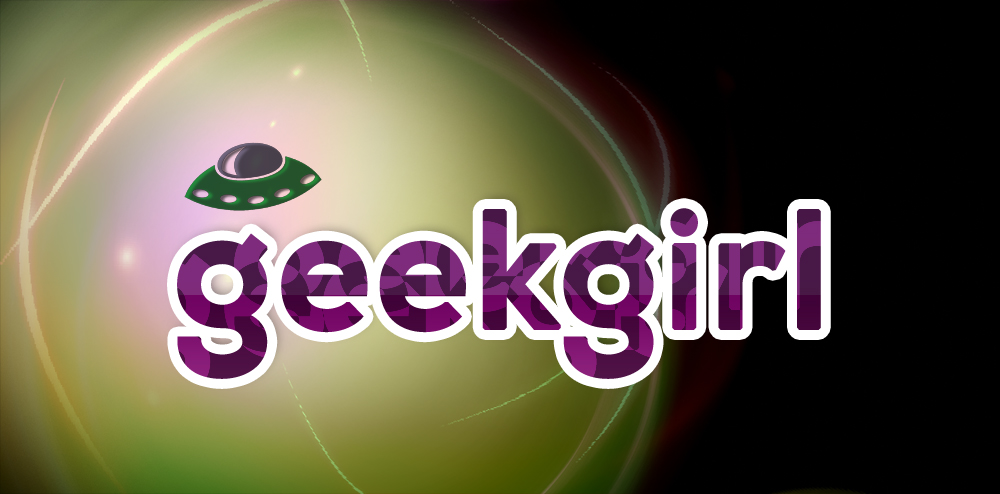Show Your Pits [#geekgirl]
“An Iranian developer’s entrancing game about his culture…” [#geekgirl]
[From an article by Tracey Lien at Polygon]: “Projected onto a large screen to a crowd of hundreds of people, Bahrami showed solutions to his geometric, ancient Iranian art-influenced puzzle game. “So you have an object on a table,” he said to the audience, pointing to a screen where a rectangle sat on the edge of a desk. “Now if you draw a point somewhere on that object, what kind of line would it make if it fell?” He placed a dot on the corner of the rectangle. He hit “play.” The rectangle tumbled off the table, leaving behind a squiggly line.
In the early build of Engare Bahrami showed, at the start of each level players were shown a line they had to replicate by placing a dot on a moving object. Perhaps it was a hook-like curve they had to recreate. Perhaps it was something that resembled the McDonald’s golden arches. Each of these puzzles was mind boggling on their own. Then Bahrami got meta: what if you drew a dot on the game’s menu tab so when you pulled up the menu, it created a line? And then what if you got rid of the menu and the table and the moving objects and just allowed the line to replicate itself again and again and again?”
“Open source comes to farms with restriction-free seeds” [#geekgirl]
[From an article at arstechnica.com] “There are now 29 kinds of plant varieties that are available under an open source license, reports NPR. On Thursday, a group of scientists at the University of Wisconsin-Madison debuted the Open Source Seed Initiative (OSSI), a set of seeds that can be used by anyone so long as they don’t restrict use by others through patents or IP protection.
The initiative is one answer to the heated battle between farmers and companies like Monsanto, which holds patents on plants that have features like resistance to certain herbicides or seeds that produce slightly different plants if they are resown from a first-generation crop. Soybeans in particular have been a point of contention, with both organic farmers who want to keep Monsanto’s products out of their farms and commercial farmers who want the right to multiple generations from one soybean seed purchase.”
Escape Room #Melbourne [#geekgirl]
“Escape Room Melbourne is a live puzzle game, designed for 2 people. You have 60 minutes to unravel the mystery of a hidden room, working together to solve a variety of quirky and inventive puzzles to escape.”

![[Image Credit: The London Standard] [Image Credit: The London Standard]](https://www.standard.co.uk/incoming/article9646179.ece/alternates/w620/27arvinda0408B.jpg)

